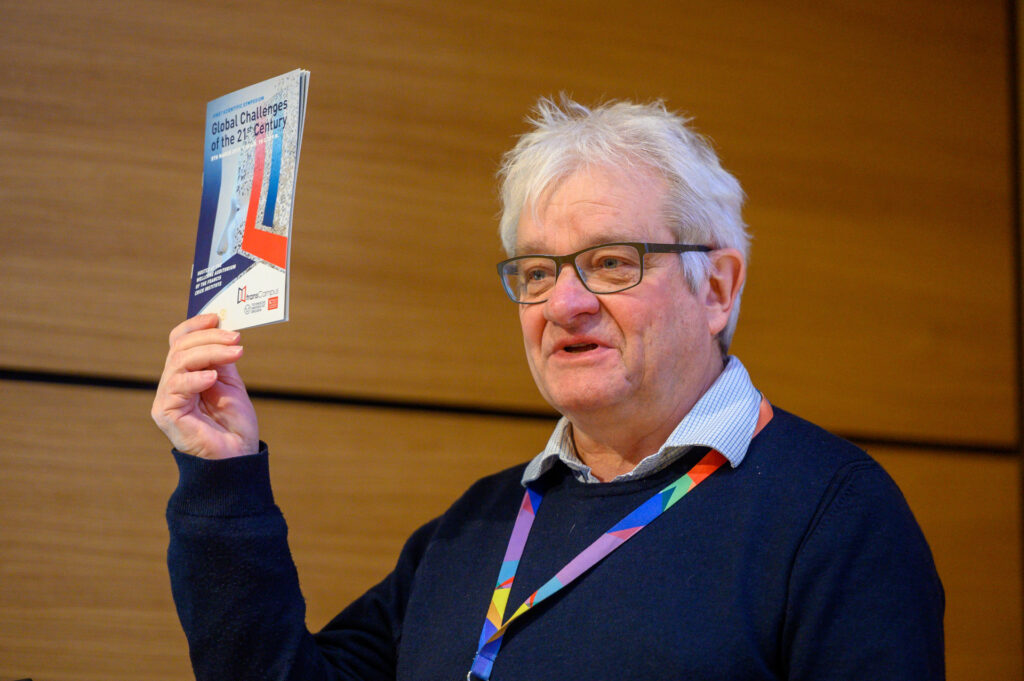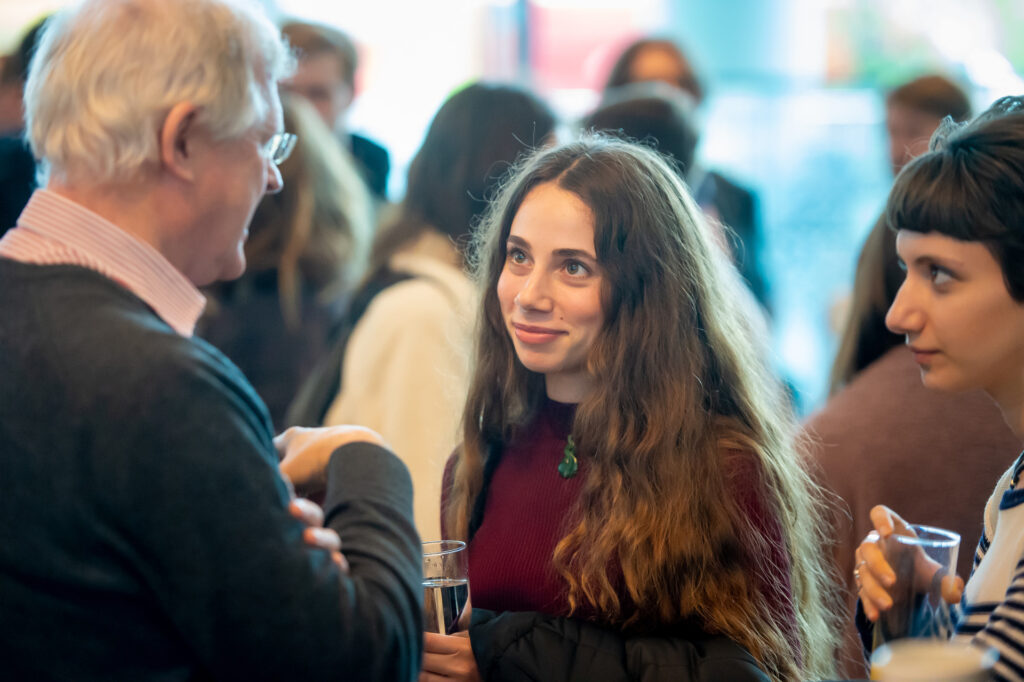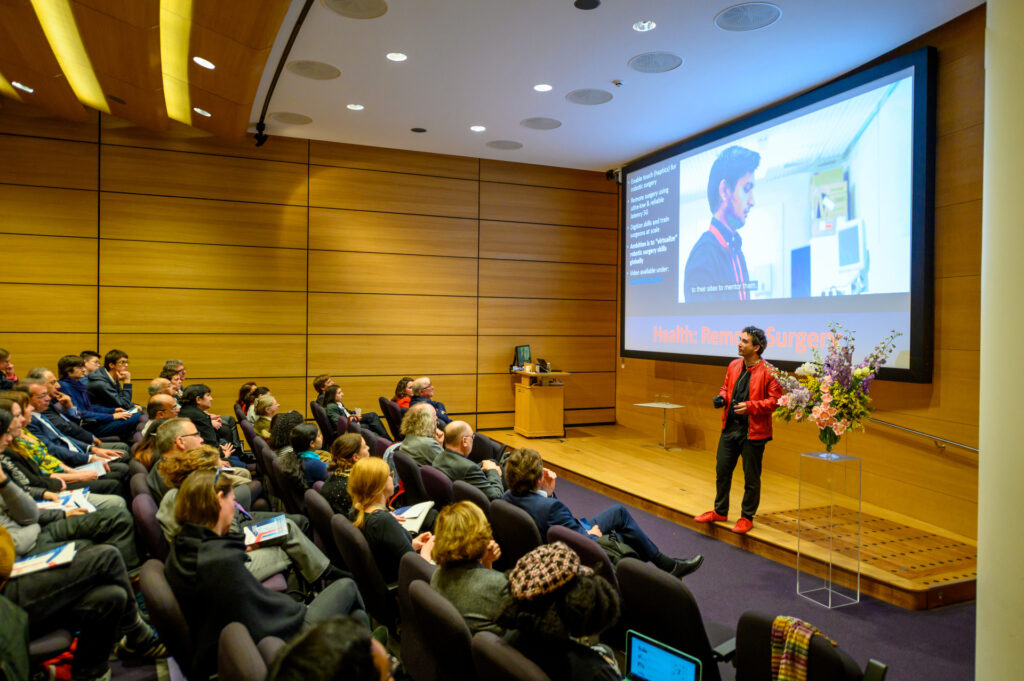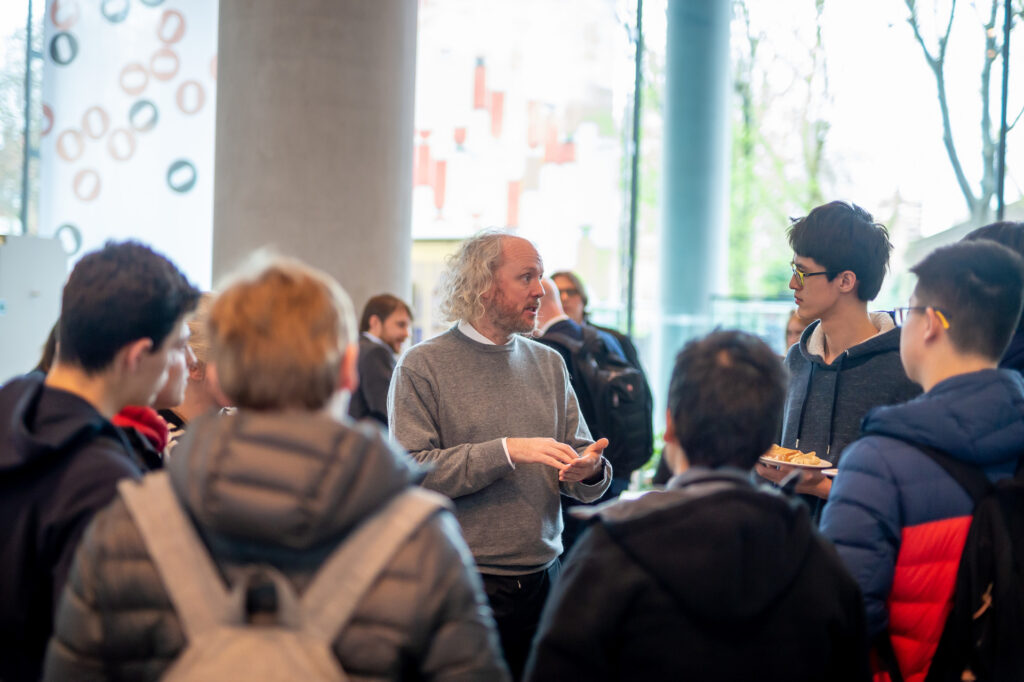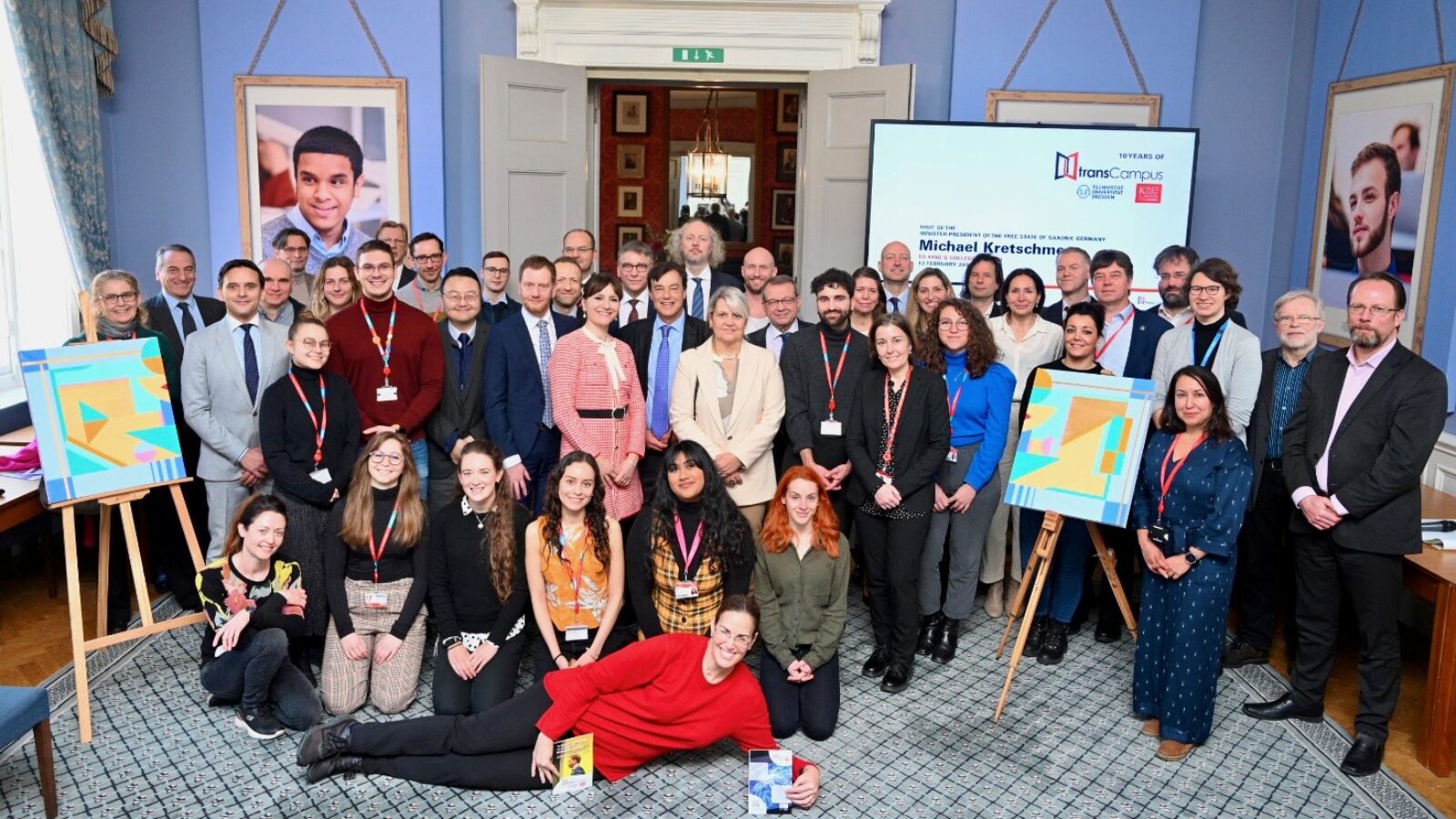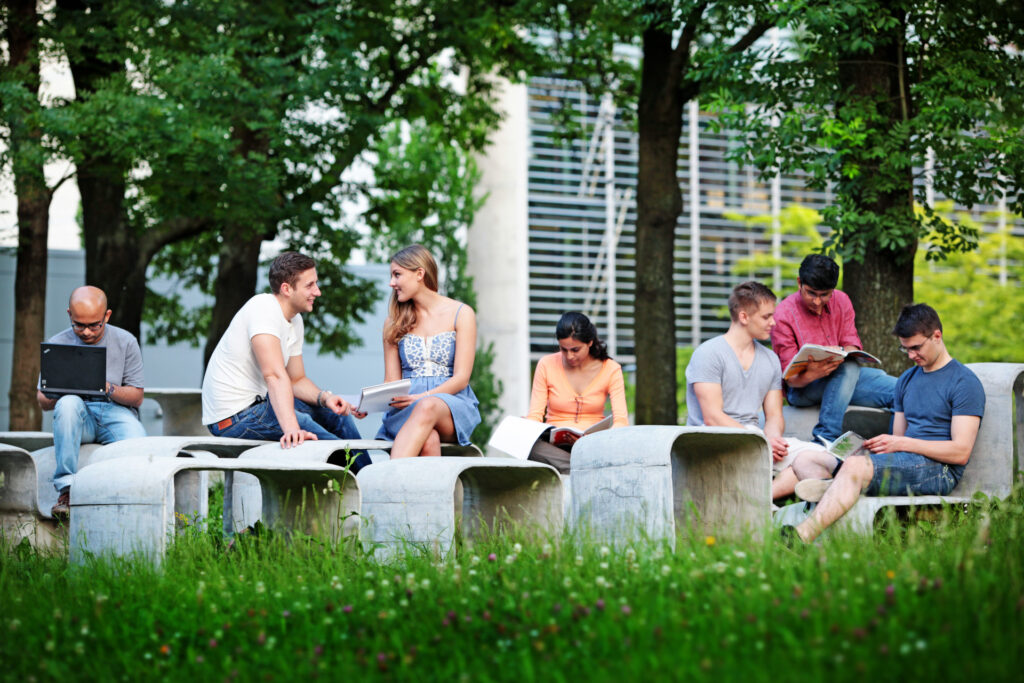Collaboration is key
The transCampus is a unique partnership established by King’s College London and Technische Universität Dresden as a transnational strategic partnership based on the idea of true cooperation and an intense dedication for collaboration in all fields. Guided by shared ideas, values and a devotion to research and education, transCampus enables researchers to work together beyond the means of a traditional partnership by sharing resources, combining their strength, and promoting transnational projects and knowledge transfer.
Please accept YouTube cookies to play this video. By accepting you will be accessing content from YouTube, a service provided by an external third party.
If you accept this notice, your choice will be saved and the page will refresh.
Outstanding research
Please accept YouTube cookies to play this video. By accepting you will be accessing content from YouTube, a service provided by an external third party.
If you accept this notice, your choice will be saved and the page will refresh.
By combining the varied interests and emphases pursued at King’s College, the TU Dresden, and their partners, a multitude of research projects in various fields of study are joined under the roof of the transCampus. For example, as part of the transCampus researchers in Haematology develop strategies and clinical studies where all partners profit from the shared resources. Other prominent joint research projects are in the field of Diabetes research and Psychology.
Through the international, innovative and solution-oriented approach, the transCampus can compete with other excellent universities and institutions worldwide. The transCampus created a vivid and powerful network that includes several other excellent research institutions and universities around the world.
Opportunities for all
transCampus has created an inviting training and working environment that promotes collaboration opportunities and fosters the exchange between all levels of both universities. With the transCampus, King’s College and TU Dresden have developed a powerful and committed network to help advance the synergies in research, teaching and administration.
This gives outstanding students the opportunity to advance their studies in unique projects, where they can thrive under the guidance of dedicated researchers. Furthermore, non-academic staff gathers new experiences making use of exchange opportunities or job shadowing at the partner institution.
All the major problems of the world today are global in essence, and they cannot be solved unless through some kind of global cooperation.
Yuval Noah Harari
transCampus events
A brighter future for science and research will not be shaped by academia alone – in our global and interconnected world, communication and interaction between the different parts in a society are vital for a comprehensive development. The transCampus aims to bridge the gap between theoretical research at universities and practical approaches in our society and economy in all involved areas.
transCampus celebrates its 10th anniversary with Minister-President Michael Kretzschmer as special guest in London
King’s welcomed the Minister President of Saxony to celebrate 10 years of the transCampus partnership with the University of Dresden at an event in London. Michael Kretschmer honored the partnership and its success during his keynote speech at the anniversary celebration on Monday. With his visit to the transCampus, Minister President Kretschmer also paid special tribute to this important development of the bridge in culture and science in order to address global challenges.
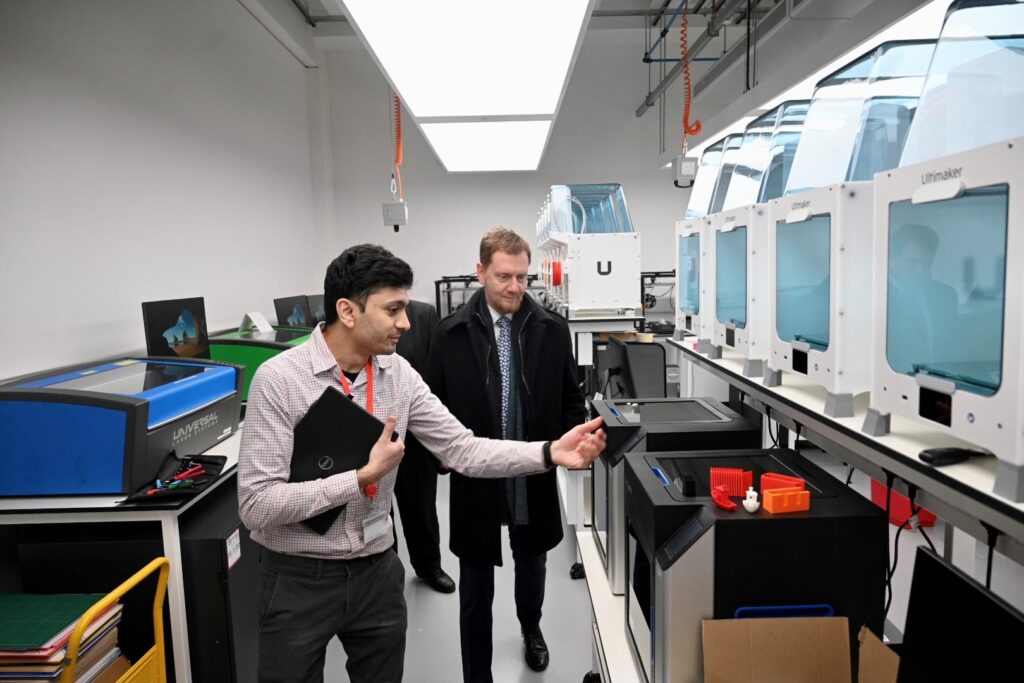
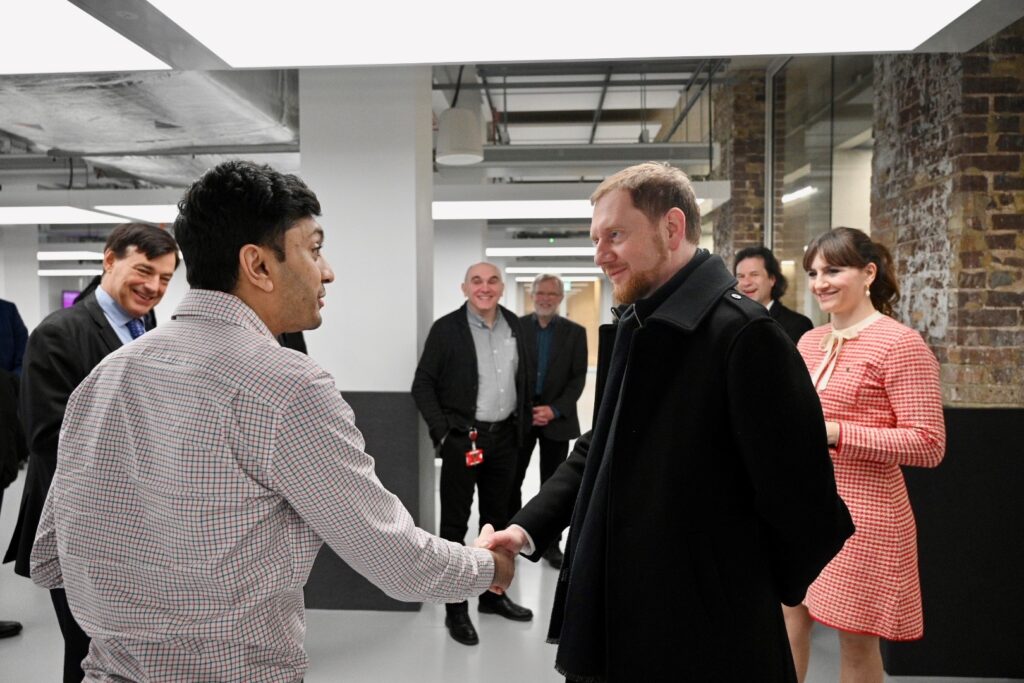
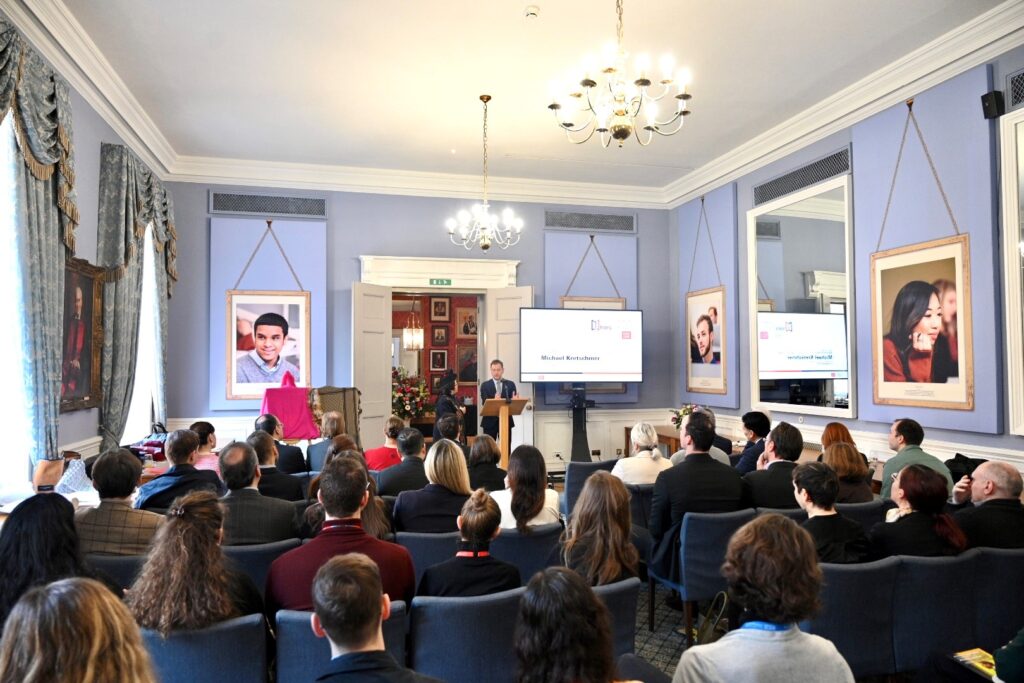
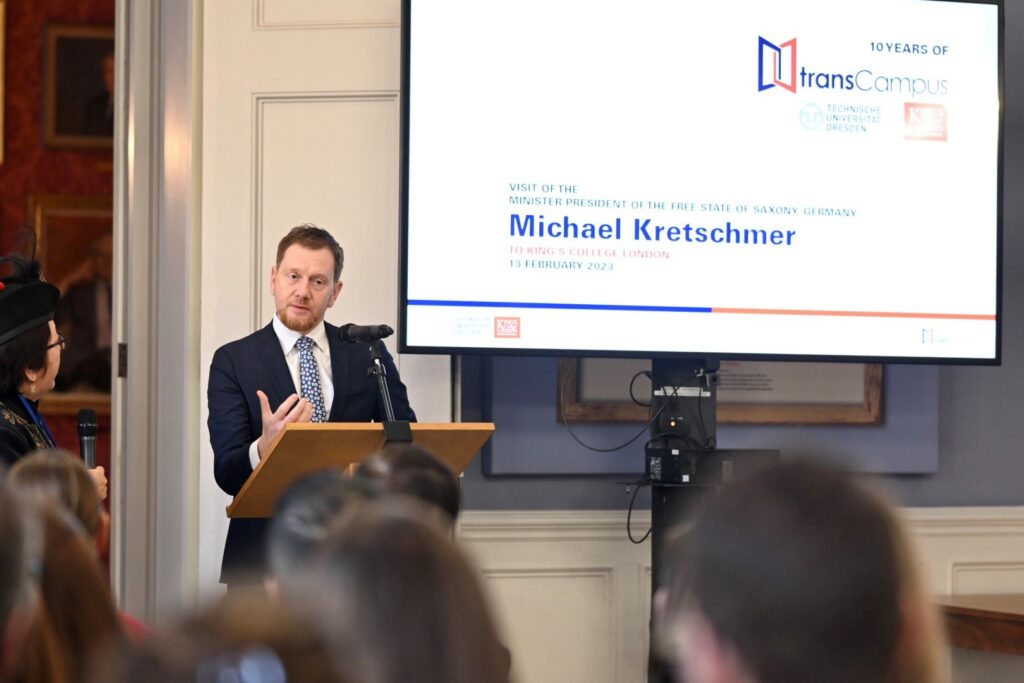
“Saxony is proud to be part of such a dynamic and important academic partnership that uniquely bridges science, education and translation to society. The length and depth of the collaboration is in itself a testament of the determination and dedication of both Universities and the entire team involved”, he said. Professor ‘Funmi Olonisakin, Vice-President for International, Engagement & Service at King’s highlighted that “part of the core ambition of our new strategy for King’s, Vision 2029, is to deploy our assets in service to society, to help make the world a better place. The knowledge exchange between King’s and the University of Dresden, which is the essence of this partnership, is a reflection of our commitment to delivering this ambition. We hope the next moment for this collaboration is defined by expansion and pushing the frontiers of innovation.”
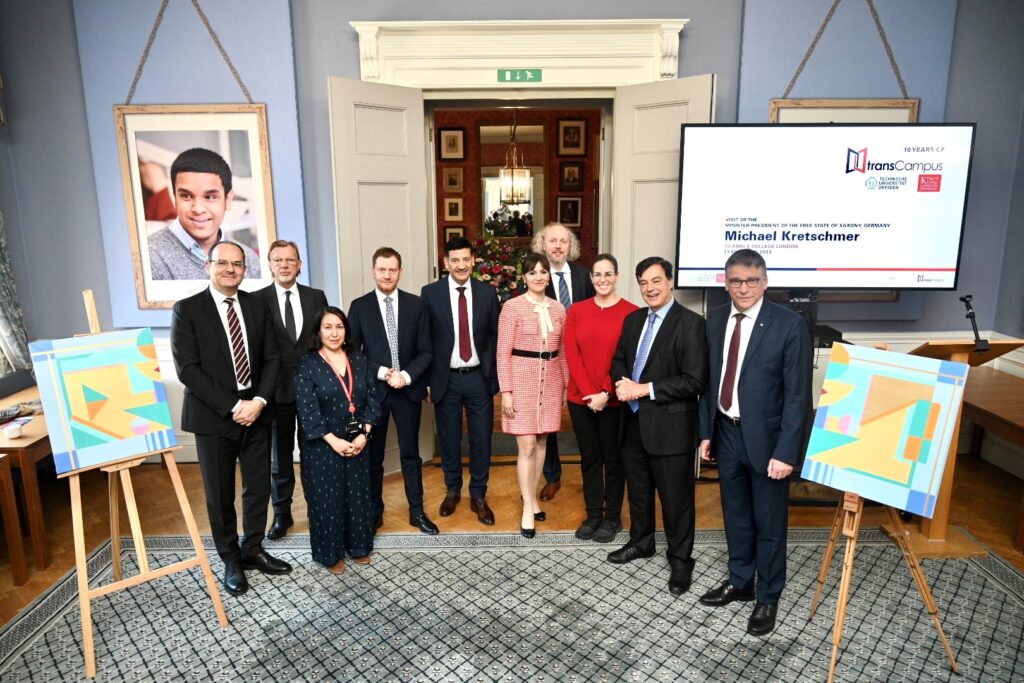
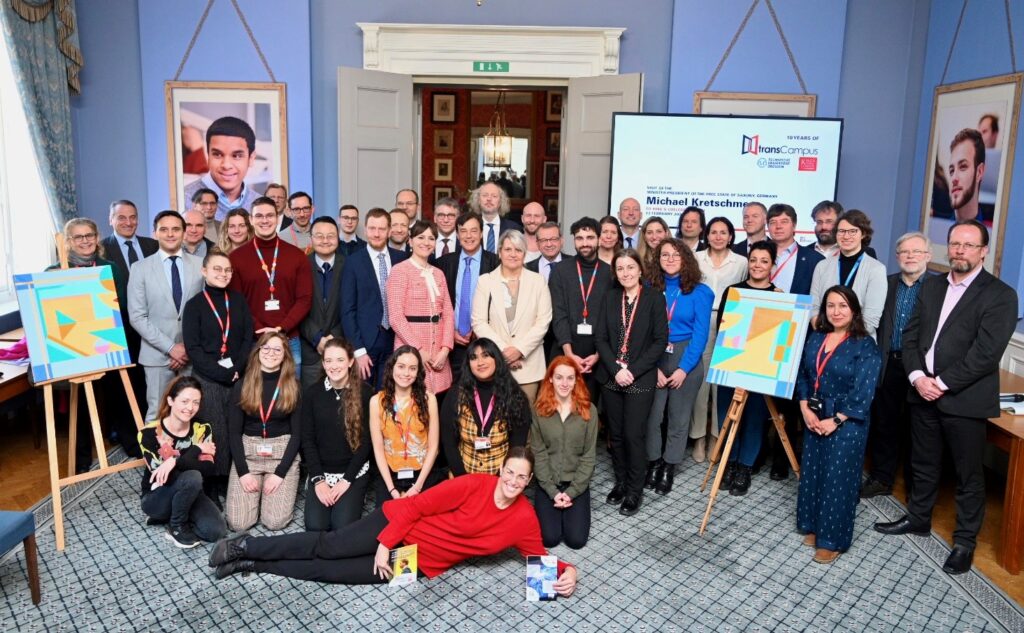
Professor Bashir Al-Hashimi, Senior Vice-President of Research & Innovation at King’s honored the transCampus partnership: “We are delighted to be celebrating 10 years of the transCampus collaboration between our two universities. Through this complimentary partnership we are driving forward innovation in research to address pressing global challenges and we look forward to continuing to do this over the coming years.” Professor Ronald Tetzlaff, CTIO, Professor Stefan Bornstein, transCampus Dean, and Professor Toktam Mahmoodi, Director of the Centre for Telecommunications Research at King’s outlined in their addresses the opportunities to expand the transCampus initiative. Given the importance of complementarity in research and training, both partners see high potential in medical engineering, including 6G telecommunication, neuroscience and AI.
See also here.
Saxon Minister for Economic Affairs impressed by the joint activities of transCampus
Martin Dulig, Saxon State Minister for Economic Affairs, Labour and Transport, called the transCampus a role model for international cooperation during his delegation visit on 16 May. At the Science Gallery next to the Guy’s Campus of King’s College London, where the transCampus had organised an event on the occasion, Mr Dulig gained a detailed insight in the manifold scientific and also economic activities taking place between Dresden and London.
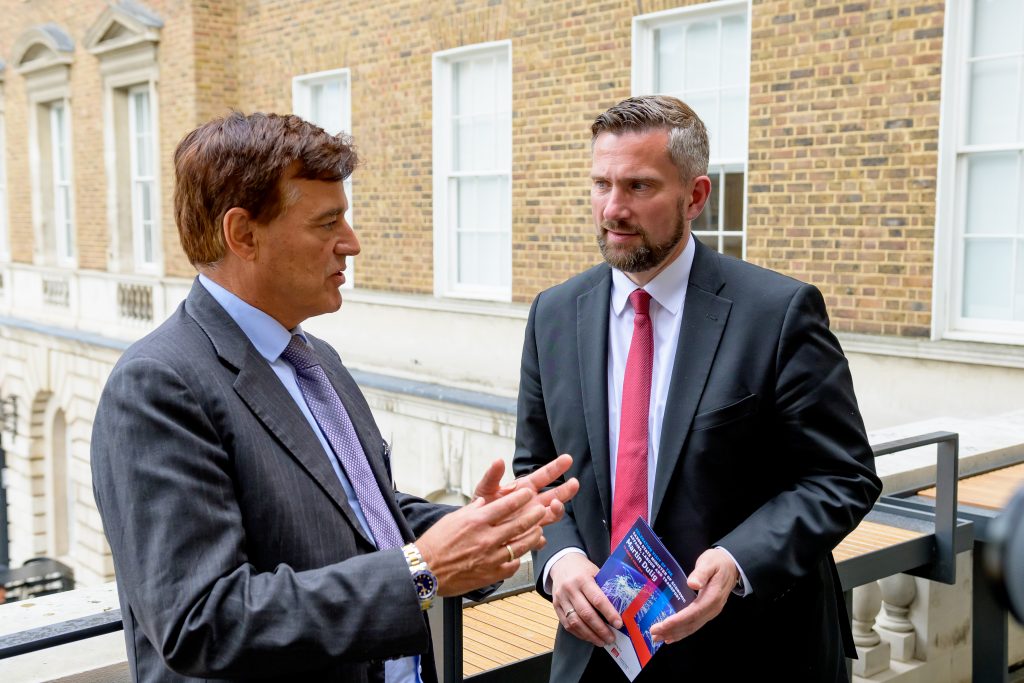
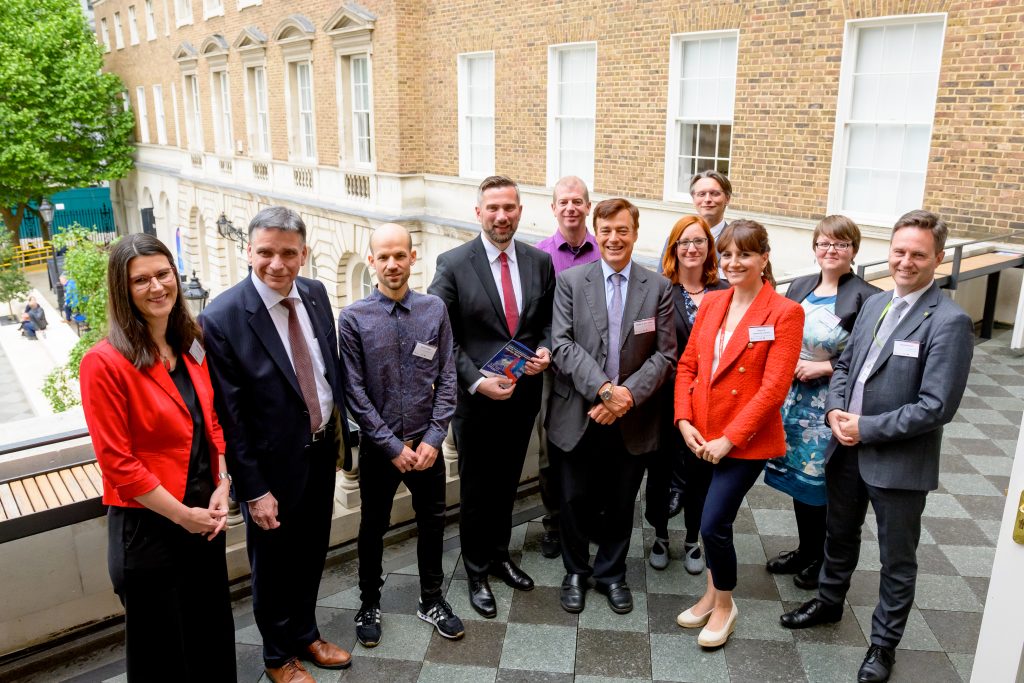
Scientists from both universities presented their research results in areas as diverse as the impact of diabetes on Covid-19 infections, the treatment of affective disorders, or the ability of SME-entrepreneurs to adapt to the pandemic in terms of well-being. In 2020 Prof. Stefan Bornstein (TU Dresden) and Prof. Manuel Mayr (King’s College) were able to identify protein biomarkers affecting the severity and mortality of Covid-19. Also in 2020 Prof. Ute Stephan (King’s College) started a global study of entrepreneurship during the pandemic, for which researchers from TU Dresden interviewed a large number of entrepreneurs in Germany. Analysing the results from a high number of countries, the study highlights the diverse opportunities how entrepreneurs adapted their businesses in means of digitalisation, sustainability and inclusion or local commitment.
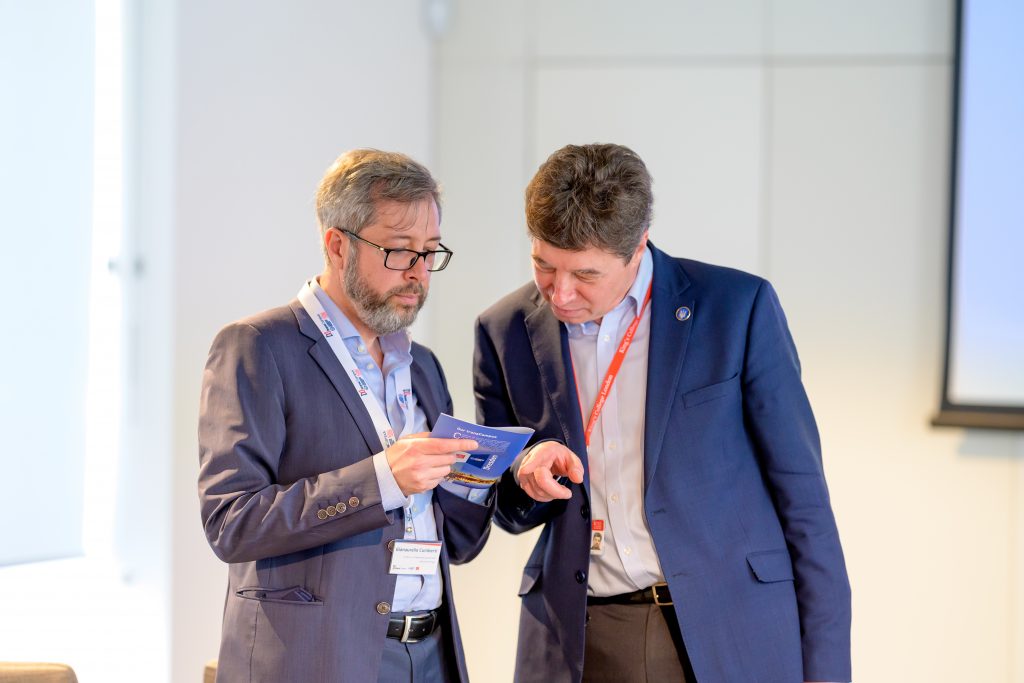
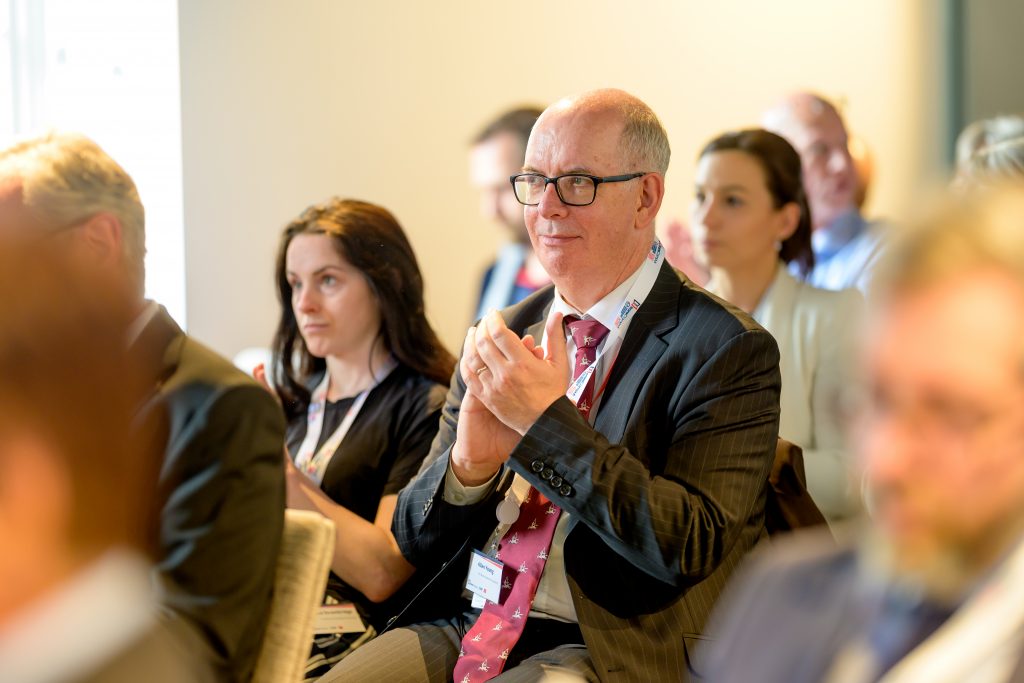
Furthermore, Prof. Allan Young gave an insight how an international research training group will provide a foundation for interdisciplinary neuropsychiatric and translational research and training to elaborate and combine research methods and innovative treatment approaches for affective disorders like depression. Also in regard to supporting young scientists in their career advancement Prof. Gianaurelio Cuniberti introduced the joint endeavours of TU Dresden and King’s College London in the Dresden Center for Intelligent Materials. Moreover, the Dresden-London start-up Innate Repair explained their innovative approach to preventing the regeneration of supposedly defeated tumours.
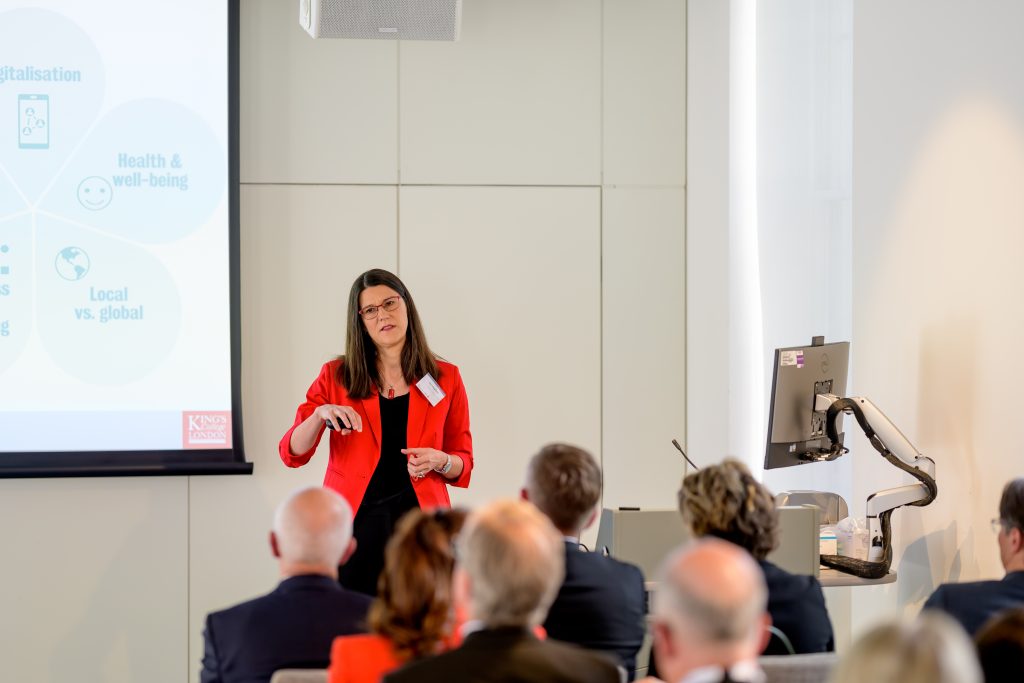
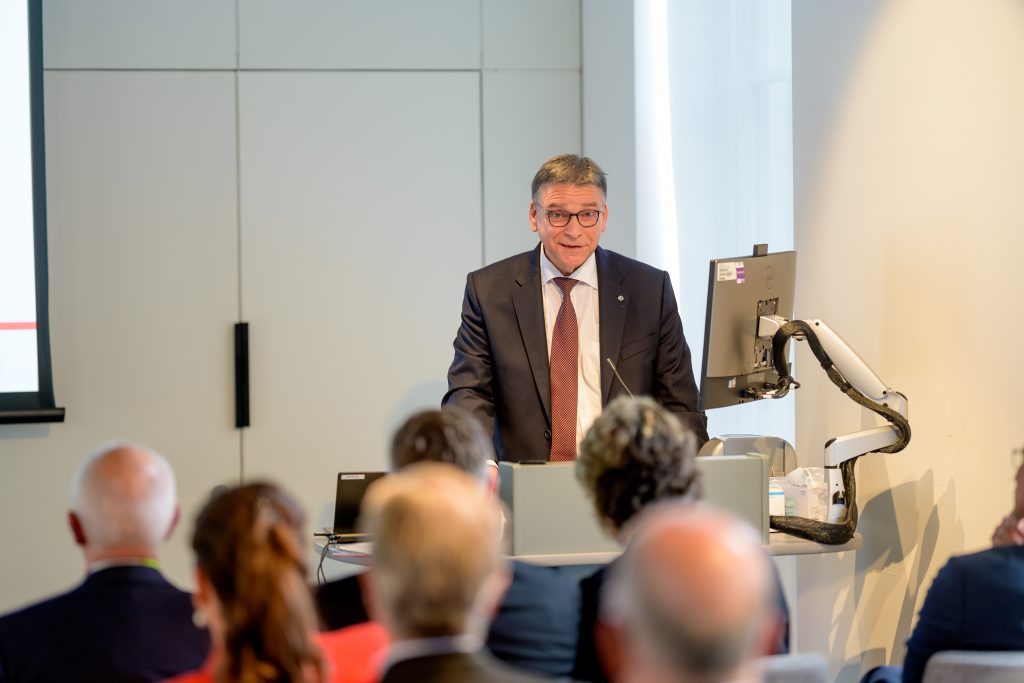
New Cooperation Agreement Signed at the Visit of Minister-President Michael Kretschmer to London
In October 2018, the Saxon Minister-President Michael Kretschmer visited London with a delegation of science and business on the occasion of the anniversary of German unification. As one part of the delegation programme, he gave a speech at the signing ceremony of a new transCampus cooperation agreement. The Memorandum of Understanding was agreed upon between the London based Thomas Young Centre (TYC) and the Dresden Center for Computational Material Sciences (DCMS) of Technische Universität Dresden, expanding the transCampus initiative to the field of material sciences.
The TYC is an interdisciplinary alliance of about 100 research groups based at University College London, Imperial College London, King’s College London and Queen Mary University London. “Dresden is a leading centre of materials research in Europe and worldwide. Strengthening the research network through international co-operations is key to our future strategy”, stated Prof. Gianaurelio Cuniberti, Chair of Materials Science and Nanotechnology at TU Dresden and Managing Director of DCMS. “The expertise of Dresden and London in materials science complement each other perfectly.”
Michael Kretschmer showed himself impressed with the results of the partnership so far, and with this next step taken, the transCampus can expand its horizon even further and continue help addressing the challenges of society and industry, now also through the theory and simulation of materials. During his stay at the Strand Campus of King’s College London, the Minister-President made also good use of the opportunity to talk to students and hear their perspectives on the cooperation.
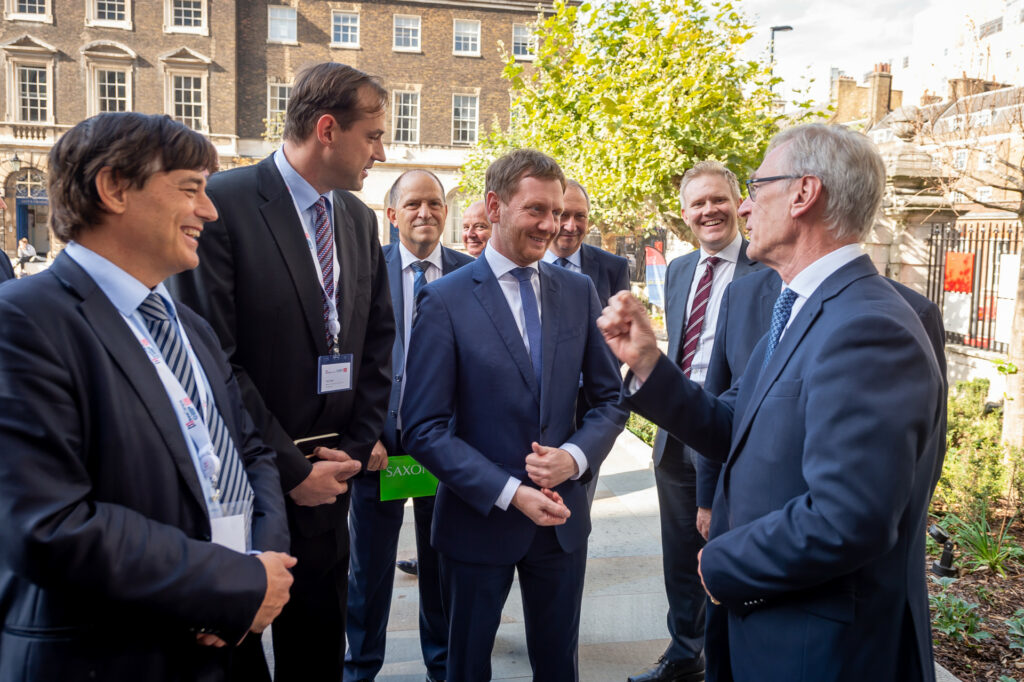
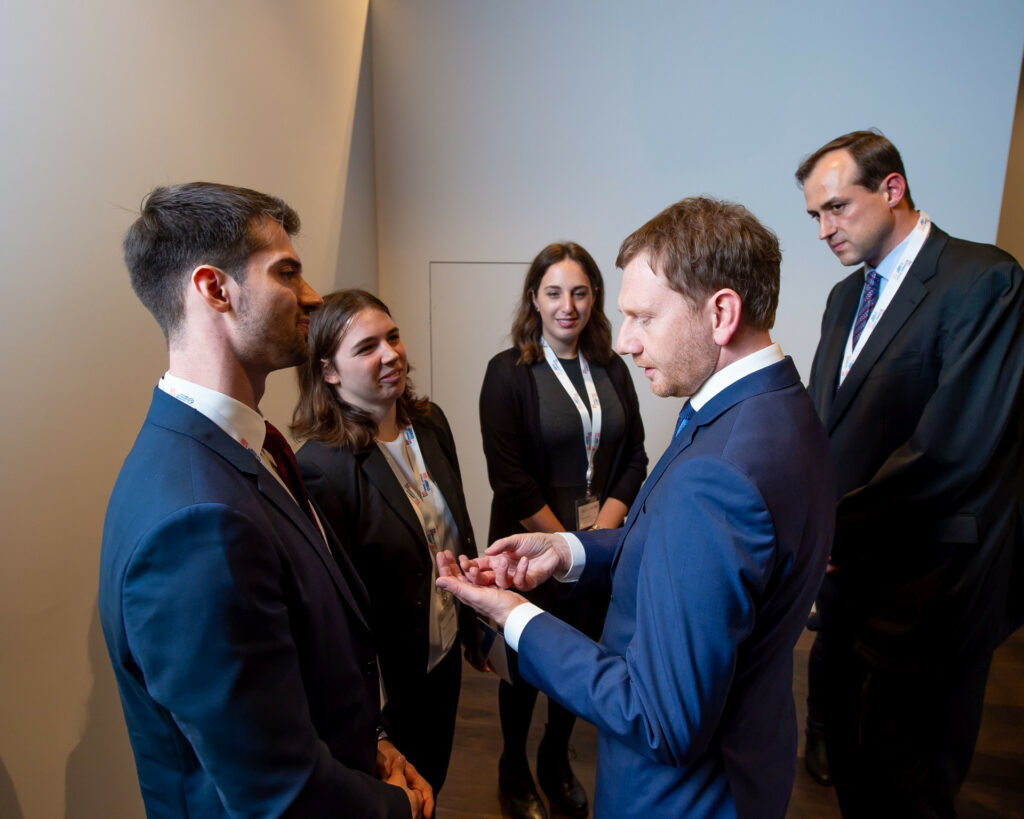
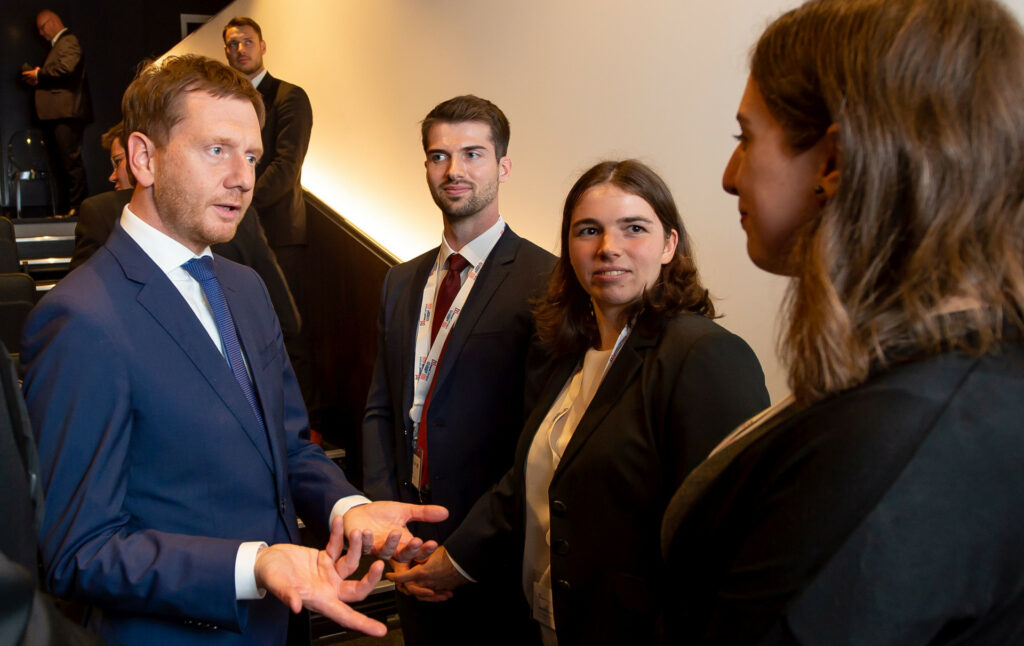
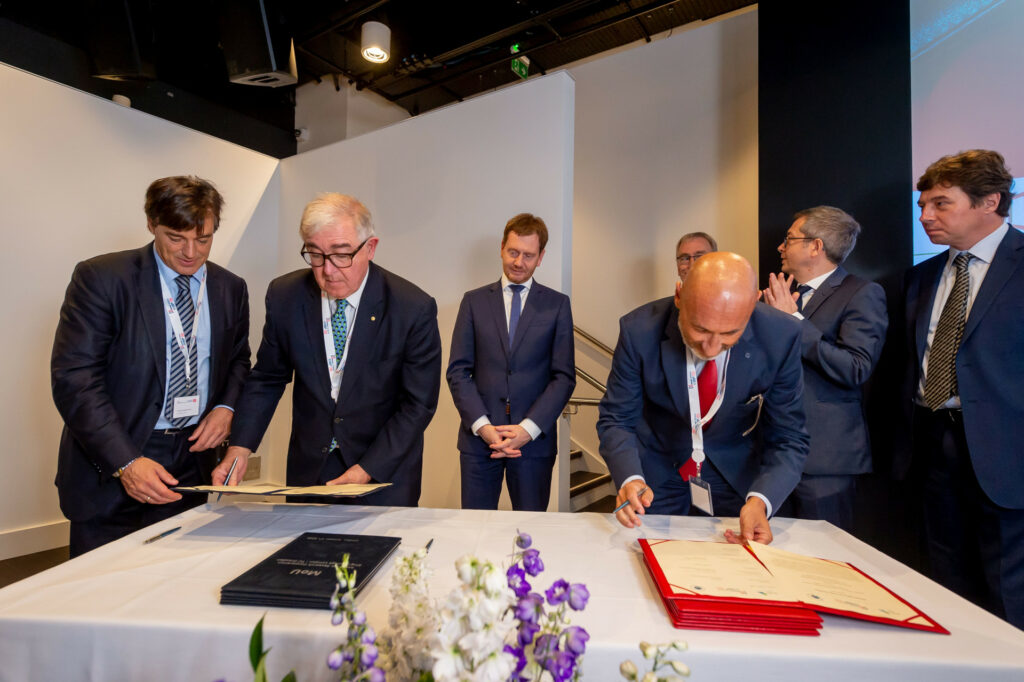
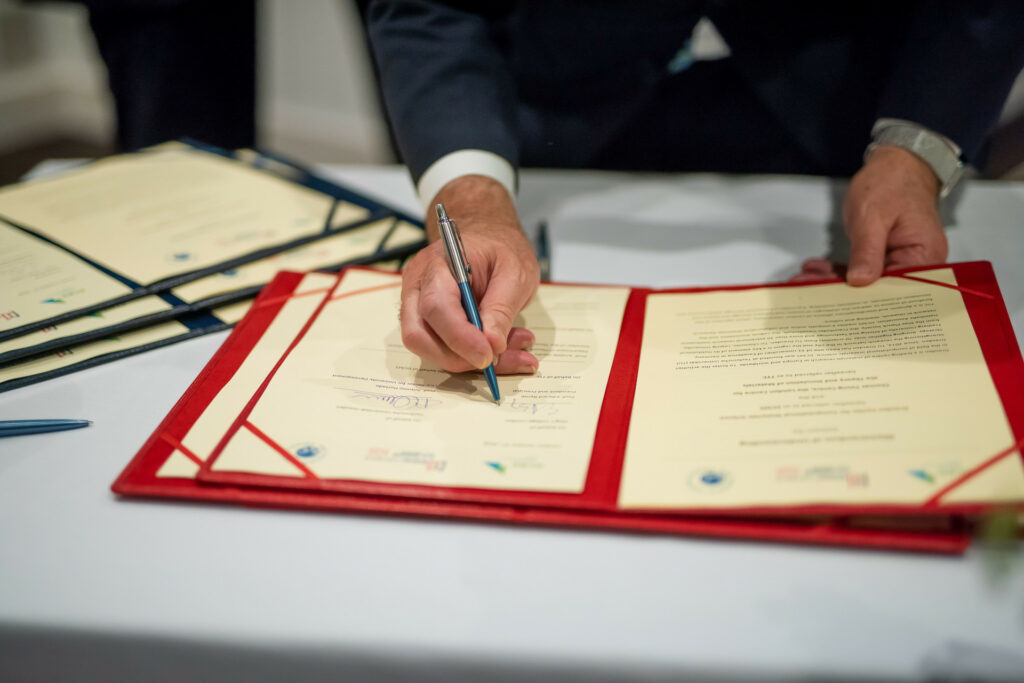
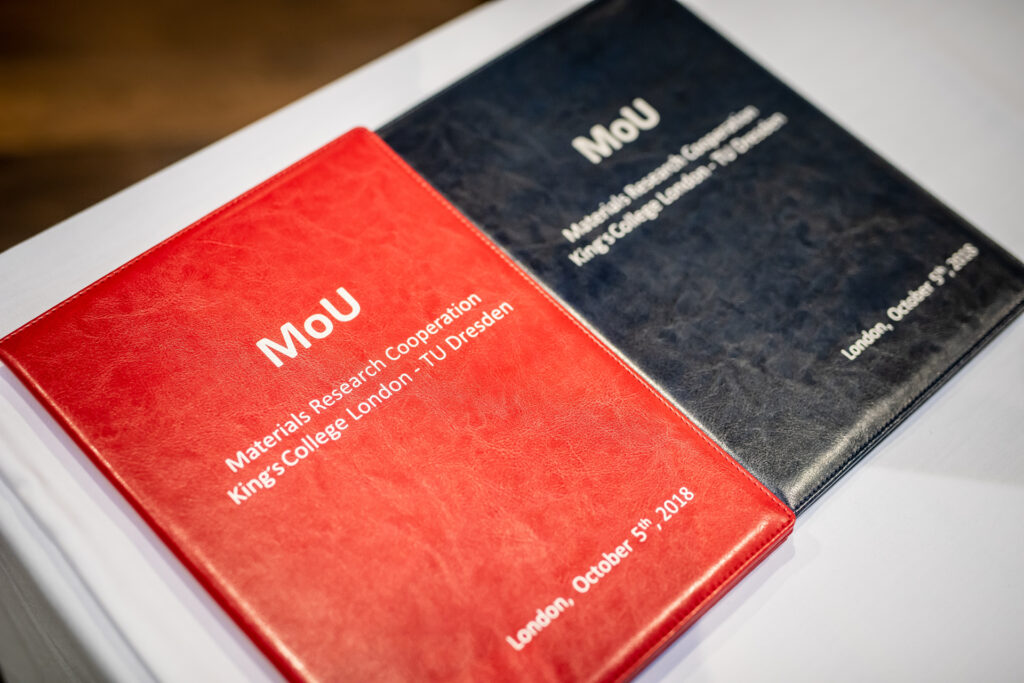
transCampus Symposium on Global Challenges of the 21st Century
The global challenges of our time need not only be tackled by international teams of scientists, but these challenges need to be discussed by the public as well, as solving them will influence all our everyday lives.
This is why transCampus set up a new series of public symposia, the first of which took place at the Francis Crick Institute in London in March 2019. To this “Symposium on Global Challenges of the 21st Century”, hosted by Nobel Prize winner Paul Nurse, all who were interested to talk about scientific advancements and their implications for everyone’s future everyday life were invited. Over 200 visitors joined in on the debate and listened to the talks held by renowned speakers from King’s College London and the TU Dresden.
The interdisciplinary topics included debates on human–machine interaction and the much-discussed question whether machines will replace human beings at some point. Furthermore, the future of the human ageing process, the interaction with certain genomes concerning the brain, and thus ultimately questions about the (in)finiteness of human life were lively discussed.
